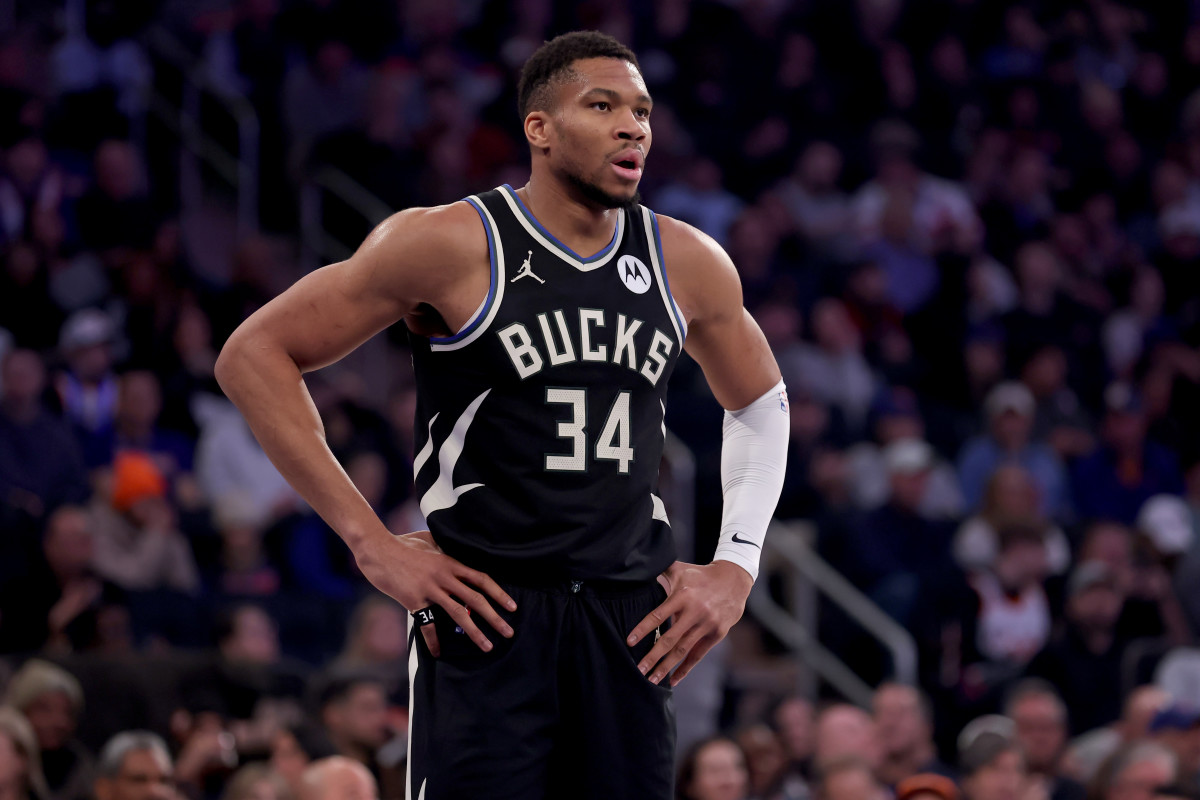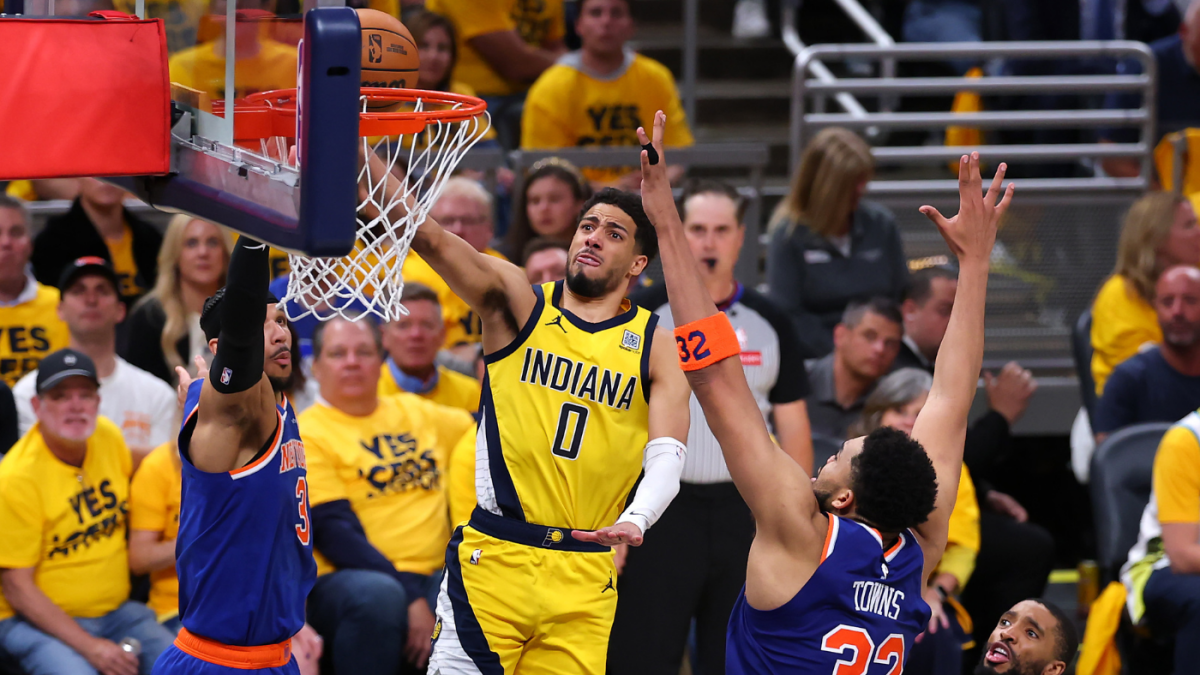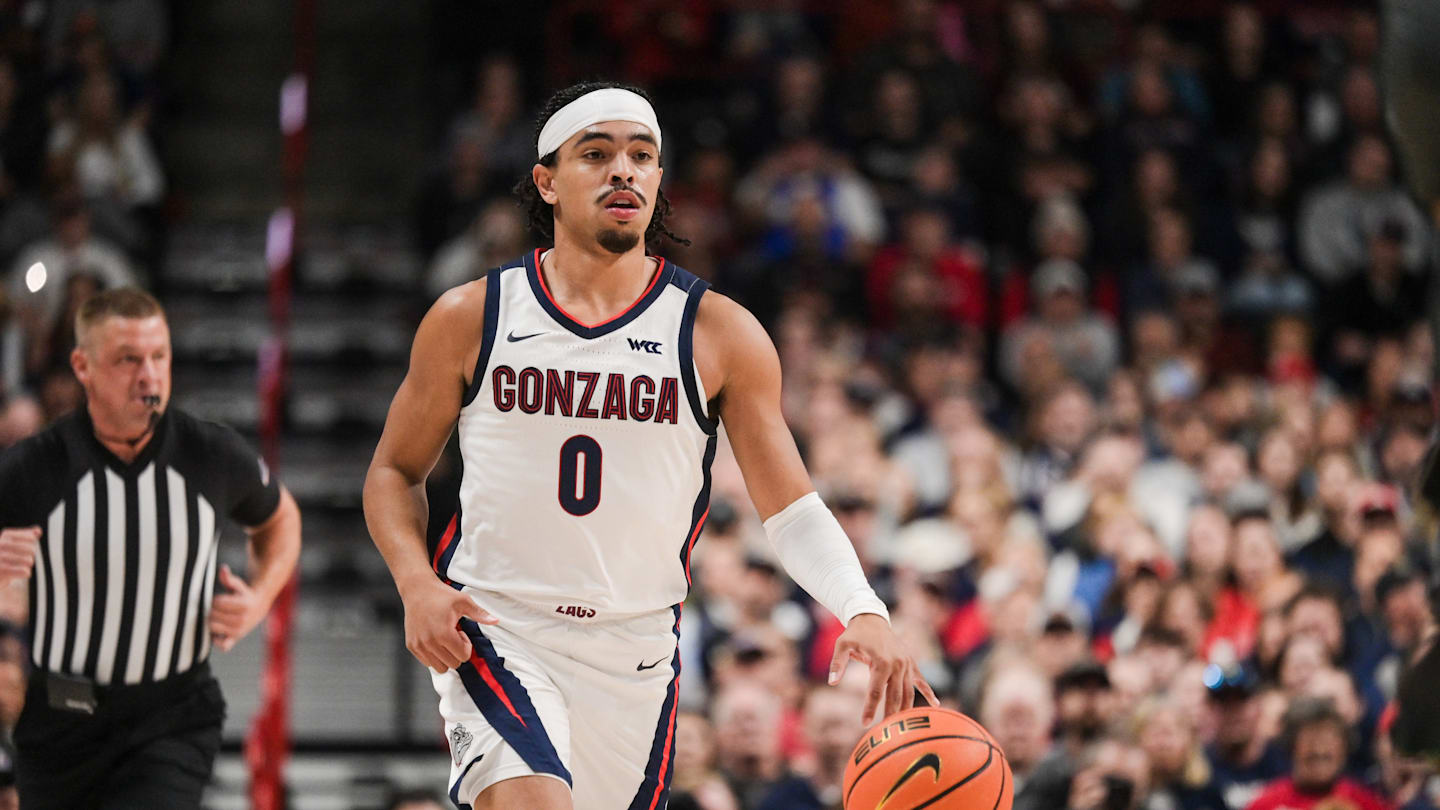
Shai Gilgeous-Alexander hit two clutch free throws Monday night to give the Oklahoma City Thunder a 4-point lead with 14 seconds left during Game 4 of the Western Conference finals. The NBA’s reigning MVP made 1 of 2 from the line six seconds later, then hit another two huge free throws with 3.5 seconds to spare.
Advertisement
Those buckets helped the Thunder hold off the Minnesota Timberwolves in a 128-126 win at Target Center. Oklahoma City, with the win, now has a commanding 3-1 series lead over the Wolves.
Minnesota consistently hit big 3s throughout the game, nailing 11 from the corner. Still, those clutch moments weren’t enough, as Gilgeous-Alexander recorded an NBA playoff career-high 40 points. To add, Jalen Williams added a postseason career-high 34 points, and Chet Holmgren had 21 for the Thunder.
Nickeil Alexander-Walker paced the Timberwolves with 23 points. Jaden McDaniels had 22 points, and Donte DiVincenzo added 21. Anthony Edwards finished with 16 on 5-for-13 shooting.
Game 5 is scheduled for Wednesday night as the Thunder have a chance to clinch an NBA Finals berth at home.
After allowing Edwards 62 points over the past two games, the Thunder needed an immediate defensive adjustment heading into Game 4. Their denial-and-delay approach on Edwards worked to perfection Monday night, holding him to just 16 points on 5-for-13 shooting.
Lu Dort, who was recently named first-team All-Defense, took the bulk of the responsibility, using his elite screen navigation ability to stay attached to Edwards and preventing him from getting to his sweet spots in the half court. As in the series against the Denver Nuggets, Dort was able to force two offensive fouls on illegal screens because of his navigation skills. But an elite offensive talent like Edwards requires a collective approach, and the rest of the Thunder defenders did a good job swarming Edwards (and others), crowding his airspace.
Edwards didn’t attempt his first field goal until 35 seconds remaining in the first quarter, and the aggressive Thunder defense (with higher pickup points) forced seven turnovers in the opening frame. Minnesota committed 23 total turnovers in the game.
Advertisement
At the other end of the floor, Williams provided a much-needed boost in conjunction with Gilgeous-Alexander’s typical MVP-level production, finishing with 34 points and five assists on 13-for-24 shooting. Gilgeous-Alexander’s efficiency gives the Thunder a sizable advantage, but it’s clear at this stage he alone can’t drag the team to the finals. Oklahoma City’s chess match concerning Williams and the Wolves’ defense was intriguing, using traditional bigs and smaller guards to generate mismatches. When Minnesota opted to keep a player like Julius Randle on Alex Caruso, the Thunder would immediately involve the latter in screening action, giving Williams a mismatch on the perimeter.
In situations where the Wolves defended straight up, either Isaiah Hartenstein or Holmgren would set screens higher up the floor, giving Williams an ample amount of runway to create and innovate. In the fourth quarter, Williams proved the difference-maker, scoring 14 points in a back-and-forth thriller. Williams, who was named third-team All-NBA this season, has taken another leap in the postseason at a time when his teammates need him the most.
Oklahoma City’s strength in numbers again was on display in Game 4, with key reserves Cason Wallace, Isaiah Joe and Kenrich Williams contributing to the 3-point production. The Thunder hit 16 3s, making 43.2 percent of them.
Because of how much attention is paid to the likes of Gilgeous-Alexander and Jalen Williams, it’s paramount the rest of the Thunder floor spacers are hitting a consistent number of shots to keep the defense honest. Oklahoma City has been one of the most prolific outside shooting teams this season, and the contributions from its bench aren’t going unnoticed as the Thunder sit just one game away from a trip to the finals. — Kelly Iko, NBA staff writer
The Timberwolves didn’t match the Thunder’s force in Game 4, especially in the first half, and it proved costly.
You could see it from Minnesota’s opening offensive possessions of the game. The Thunder were going to make almost everything difficult. Dort, for instance, fought relentlessly over screens, and he and his teammates used their positional size, textbook defensive technique and active hands to great effect.
Advertisement
Minnesota turned over the basketball 23 times overall, 13 in the first half. In a playoff game in which both teams are so skilled, those wasted possessions came back to haunt the Wolves. Everything on the margins matters.
The force Dort and Thunder teammates like Jalen Williams and Caruso provided had to be met with corresponding force by the Wolves: more pace in the half court, better screens and quicker decisions with the ball.
It’s not that the Wolves didn’t play hard or with enough intensity. It’s that the Thunder deployed their effort and intensity more effectively. By the time Minnesota corrected things in the second half, it was a bit too late. — Josh Robbins, NBA senior writer
(Photo of Anthony Edwards and Shai Gilgeous-Alexander: Jesse D. Garrabrant / NBAE via Getty Images)



